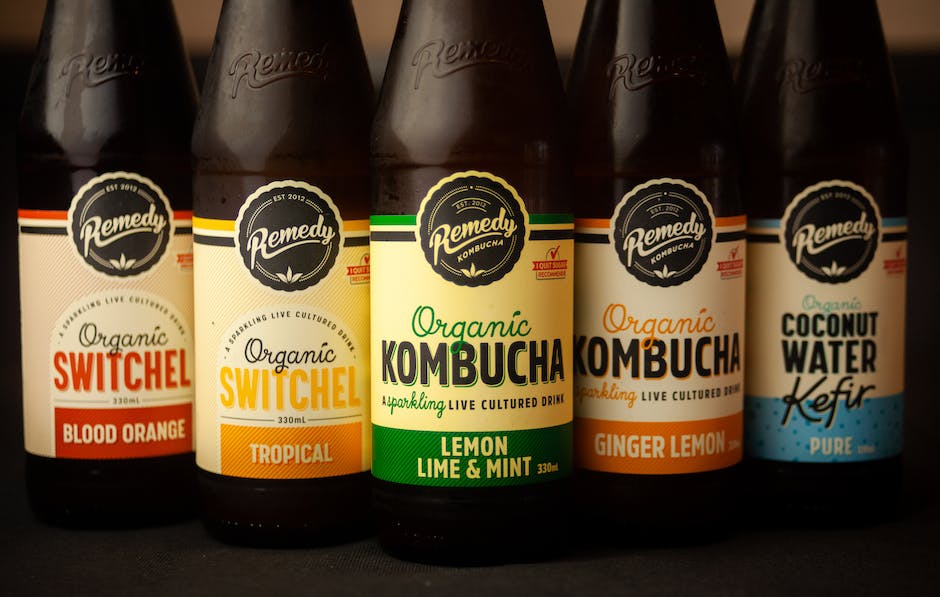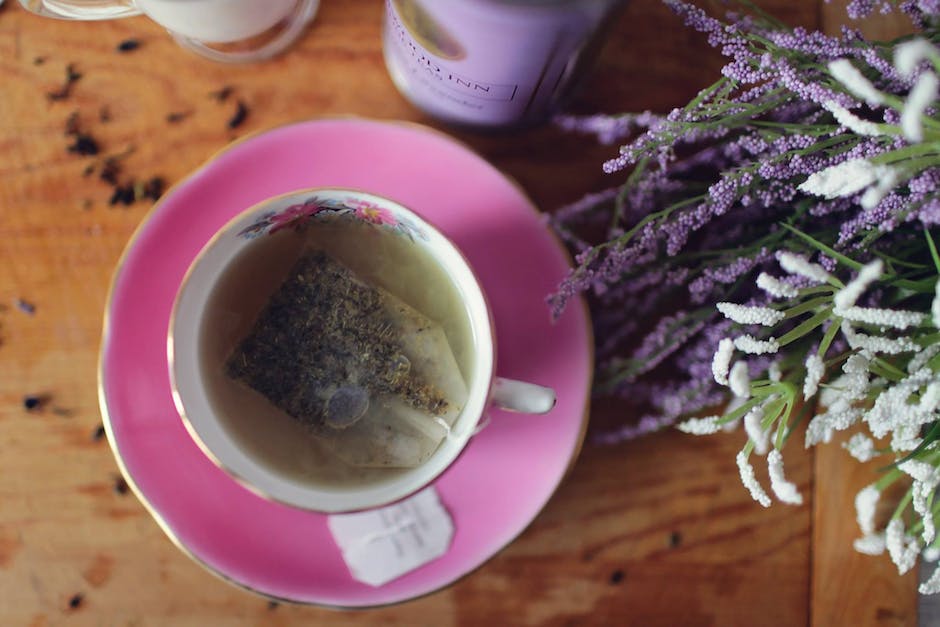The Pros and Cons of Rooibos Tea: What You Need to Know
Discover the Benefits and Drawbacks of Rooibos Tea
Rooibos tea, also known as red bush tea, is a popular herbal beverage that has gained attention for its potential health benefits. This caffeine-free tea is rich in antioxidants and has been linked to several health advantages. As with any food or drink, it's essential to consider both the positive and negative aspects. In this article, we'll explore the advantages and disadvantages of Rooibos tea, so you can make an informed decision about incorporating it into your daily routine.
Before diving into the pros and cons of Rooibos tea, let's take a closer look at its origins and nutritional profile. Rooibos tea is made from the leaves of the Aspalathus linearis plant, which is native to South Africa. It is naturally caffeine-free and contains various beneficial compounds, including polyphenols and flavonoids. Research suggests that these antioxidants may contribute to the potential health effects associated with Rooibos tea. Now, let's delve into the specific advantages and disadvantages of this popular herbal beverage.
Pros
Rooibos tea offers a range of potential benefits that may make it a valuable addition to your daily routine. From supporting heart health to promoting digestion, the advantages of Rooibos tea are worth exploring.
Rich in Antioxidants
Rooibos tea is packed with antioxidants, such as aspalathin and quercetin, which can help neutralize free radicals in the body. By combating oxidative stress, these antioxidants may contribute to overall health and well-being.
Supports Heart Health
Some studies suggest that Rooibos tea may have a positive impact on heart health. It has been linked to potential improvements in cholesterol levels and blood pressure, which are important factors in maintaining cardiovascular wellness.
May Aid in Digestion
The anti-inflammatory properties of Rooibos tea may help soothe the digestive system and alleviate stomach discomfort. Additionally, its consumption has been associated with a potential reduction in digestive issues like cramping and diarrhea.
Promotes Skin Health
Thanks to its high antioxidant content, Rooibos tea may contribute to healthy, radiant skin. The compounds found in Rooibos tea could help protect the skin from environmental damage and promote a clear complexion.
Caffeine-Free Alternative
For individuals looking to reduce their caffeine intake, Rooibos tea offers a delightful alternative. It can be enjoyed throughout the day without the stimulating effects of traditional tea or coffee.
Hydrating and Calorie-Free
Rooibos tea serves as a hydrating beverage that contains no calories, making it an excellent choice for those seeking a refreshing drink without added sugars or artificial sweeteners.
May Have Anticancer Properties
While more research is needed, preliminary studies suggest that Rooibos tea's antioxidant properties may play a role in combating certain types of cancer. However, further scientific investigations are necessary to confirm these potential anticancer effects.
Rich in Minerals
Rooibos tea is a good source of minerals such as calcium, magnesium, and zinc, which are essential for maintaining strong bones, supporting the immune system, and promoting overall well-being.
Low in Tannins
Unlike black or green tea, rooibos tea is naturally low in tannins, making it a suitable choice for individuals who are sensitive to tannins or prefer a gentler, less astringent flavor in their tea.
Calming Effects
Many people find that rooibos tea has a calming effect, which can be beneficial for reducing stress and promoting relaxation. It is caffeine-free and contains compounds that may help to soothe the nervous system.
Missing a pro?
Let us know which pro you are missing!
Cons
While Rooibos tea offers several potential benefits, there are also some considerations to keep in mind. From its impact on iron absorption to the need for quality control, it's important to be aware of the possible drawbacks associated with this herbal beverage.
May Affect Iron Absorption
Rooibos tea contains tannins, natural compounds that may interfere with the body's ability to absorb non-heme iron from plant-based foods. Individuals with low iron levels or anemia should be cautious about consuming large quantities of Rooibos tea, especially with meals.
Limited Research on Potential Side Effects
While Rooibos tea is generally considered safe for most people, there is limited scientific data on its potential side effects, particularly when consumed in large amounts or over an extended period. Further research is needed to fully understand its long-term safety profile.
Quality and Purity Concerns
In some cases, the quality and purity of Rooibos tea products may vary. It's essential to source Rooibos tea from reputable brands to ensure that you're getting a high-quality, uncontaminated product.
Potential Allergic Reactions
While rare, some individuals may experience allergic reactions to Rooibos tea. If you have a history of plant-based allergies or sensitivity to Leguminosae family plants, it's advisable to consult with a healthcare professional before consuming Rooibos tea.
Possible Hormonal Effects
Some studies suggest that high consumption of rooibos tea may have hormonal effects, particularly on estrogen levels. While more research is needed in this area, individuals with hormone-related conditions should consume rooibos tea with caution.
Environmental Impact
The commercial cultivation of rooibos tea may have environmental implications, including potential water usage and land management issues. Sustainable sourcing and cultivation practices should be considered by consumers and producers.
Missing a con?
Let us know which con you are missing!
Conclusion
As with many herbal beverages, Rooibos tea has both advantages and potential drawbacks. While its rich antioxidant content and various health benefits make it an appealing choice for many individuals, it's crucial to consider any personal health factors or concerns. By staying informed about the potential pros and cons of Rooibos tea, you can make an educated decision about integrating this flavorful and refreshing drink into your lifestyle.
What do you think?
Do you think the pros outweigh the cons?







